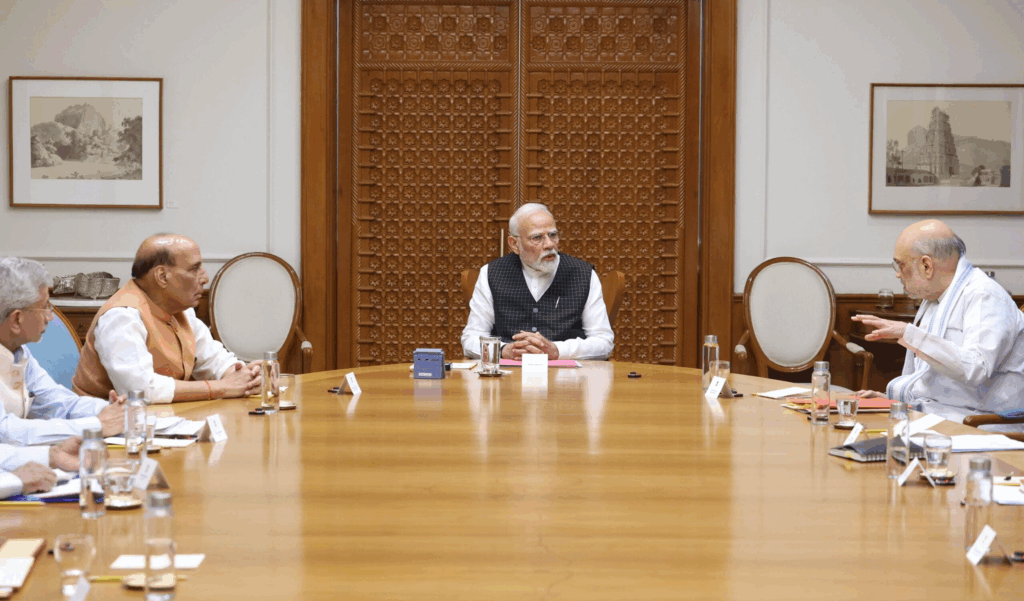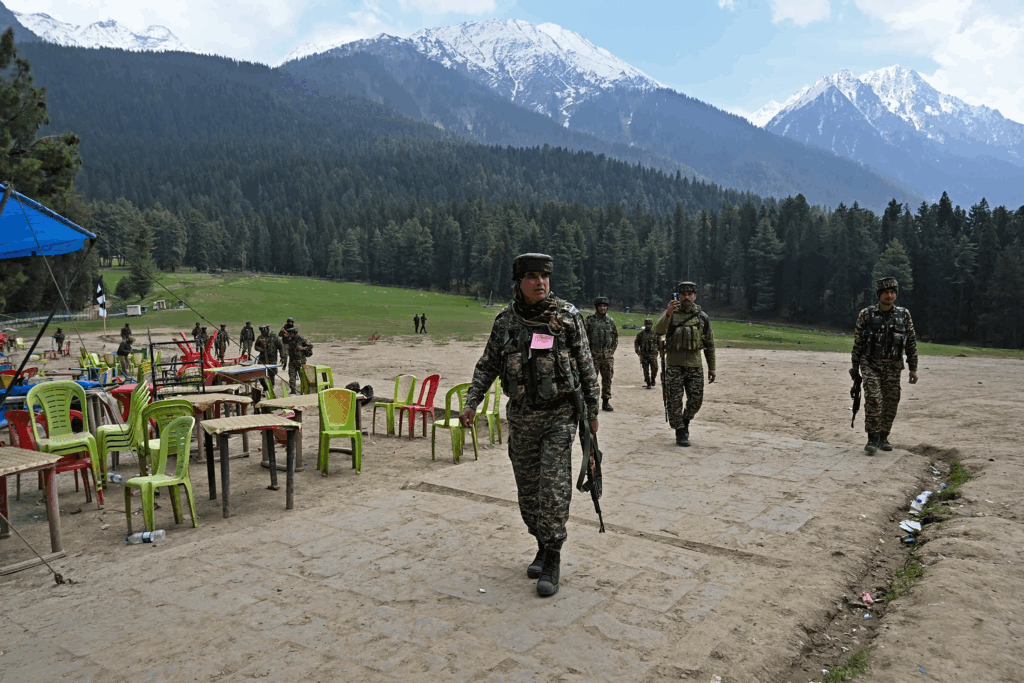Following the recent terror attack in Pahalgam, Jammu & Kashmir, India has initiated strong diplomatic measures against Pakistan. These decisions were announced during a high-level Cabinet Committee on Security meeting chaired by Prime Minister Narendra Modi.

Key Actions Taken
- Suspension of Indus Waters Treaty:
India has suspended the historic Indus Waters Treaty signed with Pakistan in 1960, which governed the sharing of river waters. - Reduced Diplomatic Engagement:
India has decided to significantly scale down its diplomatic ties with Pakistan. - Travel Restrictions:
Pakistani citizens in India have been asked to leave the country within 48 hours, and further travel restrictions have been imposed. - Closure of Wagah-Attari Border:
The important transit point between the two countries has been shut down, halting both passenger movement and trade.
Major Impact on Pakistan
- Severe Water Scarcity Risk:
Pakistan heavily relies on the Indus River and its tributaries for agriculture and drinking water, especially in its eastern regions. The suspension of the treaty could severely affect water availability in provinces like Punjab and Sindh. - Agricultural Crisis Looms:
These regions, which are major agricultural hubs, may face significant challenges. With Pakistan already battling an economic crisis, reduced water supply could lead to food insecurity as well.
Indus Waters Treaty: Background
The Indus Waters Treaty was signed on September 19, 1960, by Indian Prime Minister Jawaharlal Nehru and Pakistani President Ayub Khan in Karachi. Under the agreement, India granted Pakistan access to 80% of the Indus basin’s water flow. Despite repeated hostilities, including the 1965 and 1971 wars, the 2001 Indian Parliament attack, and the 2019 Pulwama attack, India had never withdrawn from the treaty until now.
Global Implications
India’s latest move, particularly involving critical water-sharing agreements, could trigger international reactions and reshape regional diplomacy.

